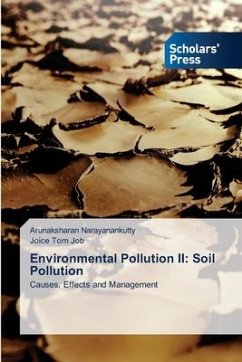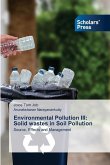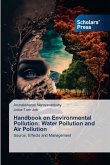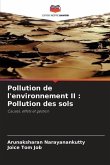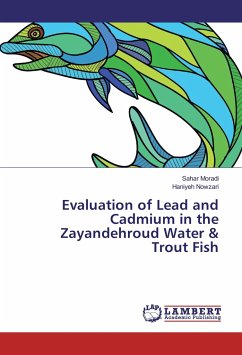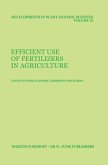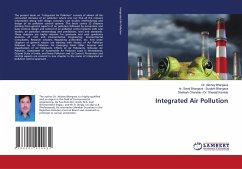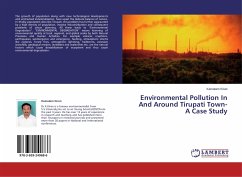Soil pollution is the contamination of soil by harmful substances, such as chemicals, heavy metals or other pollutants. This can have serious negative impacts on both the environment and human health. There are many sources of soil pollution, including industrial activities, agricultural practices, mining and waste disposal. In addition, natural disasters such as floods and earthquakes can also lead to soil pollution, as can the use of certain chemicals and fertilizers in gardening and landscaping. The effects of soil pollution can be wide-ranging and long-lasting. Polluted soil can negatively impact plant growth and soil fertility, as well as harm the health of animals and humans who come into contact with it. This can lead to serious health problems, including respiratory issues, skin irritations and even cancer. Preventing and mitigating soil pollution requires a multi-faceted approach, including effective waste management practices, stricter regulations and enforcement, and the use of environmentally friendly technologies and practices in agriculture and industry. In summary, soil pollution is a serious environmental and health issue that requires urgent action to address.
Bitte wählen Sie Ihr Anliegen aus.
Rechnungen
Retourenschein anfordern
Bestellstatus
Storno

